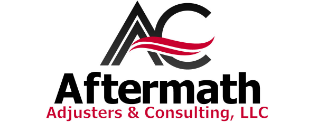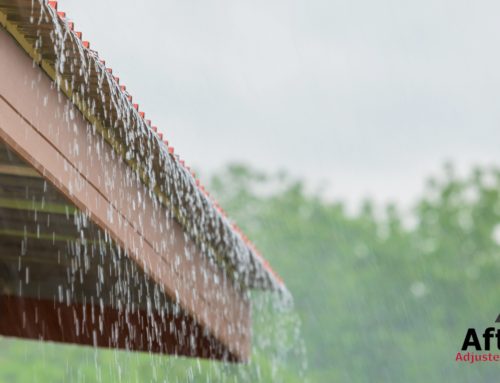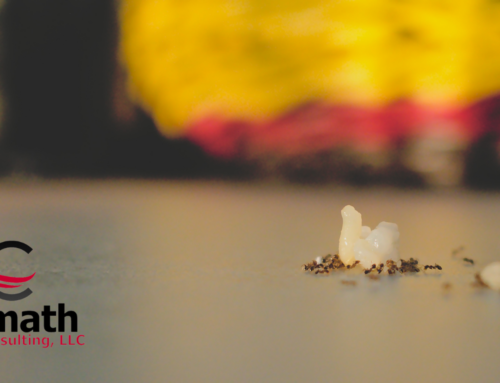License: Creative Commons 3 – CC BY-SA 3.0; Attribution: ImageCreator – https://www.imagecreator.co.uk/; Original Author: Nick Youngson – https://www.nyphotographic.com/; Original Image: https://www.thebluediamondgallery.com/typewriter/i/insurance-claim.html; Image was enlarged.
People, understandably, get upset when their home is damaged or destroyed. It is normal to feel, and filing an insurance claim doesn’t make it easier. There isn’t a way to make the claim process experience simpler. There are ways, however, to improve the claims process so it’s more lucrative and efficient for the property owner.
Show a Video of the Event
You can capture a house fire, raging storm, or neighborhood flood on film as it happens. The video can prove the severity of the incident as well as any attempt, on the homeowner’s part, to reduce the destruction. This could be through the use of sandbags, fire extinguishers, or other means.
It is not always safe, however, to capture a video at this moment. You should not put yourself at risk just to help speed up your insurance claim. There is a chance that a neighbor may have a video with the popularity of home surveillance cameras and smartphones.
Document the Damage for the Claim Process
Make sure to include photographs of the home to prove the extent of the damage. This is even more important if you have to clean up before the insurance company can send out their adjuster. Damages that happen after the incident are not always covered if they could have been prevented.
It can be difficult for someone that has never seen your home to understand how much was damaged. Taking photographs of the interior and exterior of the home is a good habit to develop. Before and after pictures can show the changes and help to provide validity during the claim process.
Get Statements from Police and Witnesses
If there is vandalism, theft, or any criminal activity, insurance companies require a police report. Make sure it includes:
- A copy of the report
- Any statements from witnesses
The statements will be in the official claim process report. You could add witness contact information which lets the insurance company talk to them directly if needed.
Keep Updated Inventory Records
Videos not only document the event and the damage but also they record personal inventories. Take videos of the interior and exterior of:
- The home
- The garage
- Any other structures or features on the property
Make sure to include close-up shots of valuable items like art collections, jewelry, or other collectibles.
Keep receipts for expensive purchases or contracts for home repairs and remodels. Maintain a written list with the details of items. Include the brand name and serial numbers for things like tools, appliances, and electronics.
Documentation makes it easier to determine the value of any loss. Store the inventories and videos in a fireproof safe, a safety deposit box, or scan and store documentation. You can upload it along with the videos to the cloud. This will make it accessible after a disaster.
Have a Professional Advocate
Hire a public adjuster, an unbiased voice, for assistance. Public adjusters don’t work for insurance companies. Individual people hire them to protect their interests. Public adjusters review the incident and the settlement offer from the insurance company. They help their clients to get the coverage their policy allows, making sure everyone receives a fair settlement during the claim process.
Low insurance settlements are less worrisome than an outright denial of a claim but can still be concerning. Therefore, people may have financial issues if they do not receive enough to replace a loss. Insurance rates can increase after one claim. This would strain the finances of a family that is already struggling.
Aftermath Adjusters & Consulting use their skills and knowledge of the insurance industry to prevent denials and insufficient settlements. We do everything we can to make sure our clients receive what they paid for. Contact us today for help with a current or previous claim.









